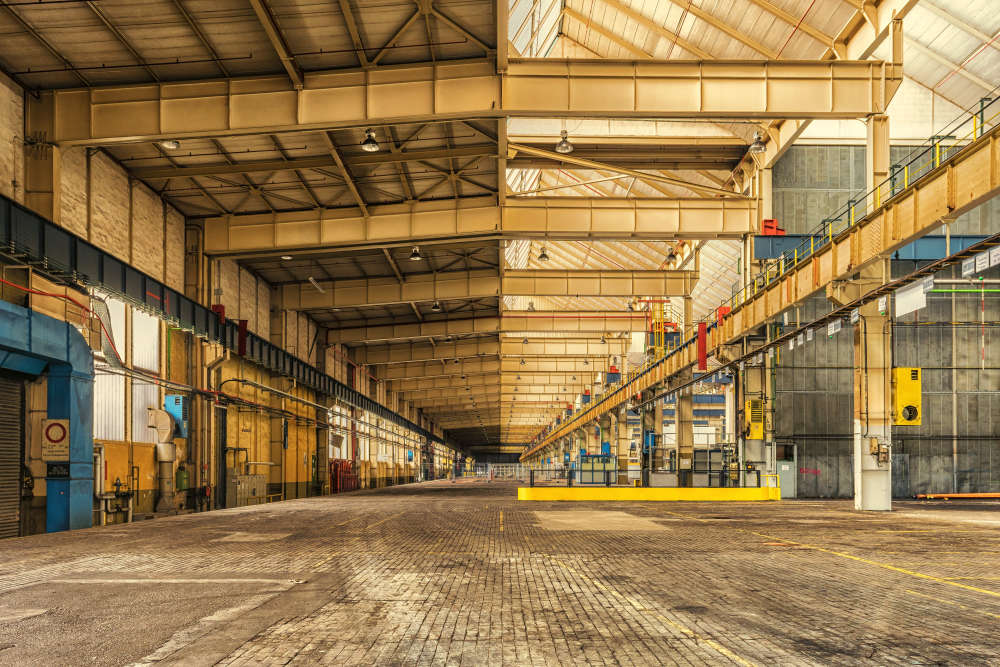The Art of Efficient Storage: Unlocking Space and Productivity in Your Business
If you want your organisation to thrive in today’s dynamic and competitive business world, it’s important to maximise efficiency. One aspect that can significantly influence business efficiency and productivity is the art of storage. The way businesses handle storage, from files and documents to inventory and supplies, can greatly impact their operational efficiency and productivity. This is because the space around us influences how we work, whether we realise it or not. Consequently, an organised and well-structured environment can foster clarity and productivity, making efficient storage an integral component of business success. Today we’ll take a closer look at a few effective strategies, that will provide valuable insights and help you unlock additional space and increase productivity.
Declutter Your Workspace
Every successful storage strategy begins with decluttering. Therefore, it’s essential to systematically go through your business inventory, office supplies, and documents to identify items that are important, as well as those that can be discarded and those that need archiving. Decluttering creates more physical space and reduces the time spent searching for items or navigating through unnecessary clutter. Remember, the goal isn’t just about eliminating items but also about creating a more organised and efficient workspace, which will allow your employees to stay focused and motivated.
Utilise A Self-Storage Facility
When on-site storage is at capacity, a self-storage facility can be a practical and cost-effective solution. Self-storage facilities provide a secure space to store items that aren’t immediately required but are important to keep. For example, Safestore provides self-storage facilities in London for businesses of all sizes. The amount of space you can rent is adjustable, which means that you will have more flexibility in comparison to traditional warehouses. Moreover, you can store all types of things, including business tools, seasonal items, rarely used equipment, or files that you don’t need at the moment. With various unit sizes available, you can choose the one that best fits your needs.
Embrace Digitisation
Nowadays, moving towards a paperless office is becoming an increasingly popular option to save space and enhance productivity. Digitising documents reduces the need for physical storage and allows for easier access and retrieval of information. Also, digital documents can be indexed, searched, and shared effortlessly, streamlining business operations. Transitioning to a paperless office may seem daunting, but with a systematic approach and the right digital tools, it’s an attainable goal that offers long-term benefits.
A few ideas that you can try include:
• implementing a document management system
• using cloud storage
• adopting e-signatures
• switching to digital invoices
• utilising online collaboration tools
Implement Effective Inventory Management
A well-organised inventory boosts efficiency, improves order fulfilment times, and reduces storage costs. However, effective inventory management involves having a clear system for categorising and locating items. For example, barcode systems or RFID technology can make tracking inventory faster and more accurate. Regularly reviewing your inventory also allows you to optimise your stock levels, ensuring you’re not storing unnecessary surpluses. It can also be beneficial to conduct a comprehensive inventory count at least once a year to check that it matches what you believe you have. This reduces storage space and avoids capital being tied up in excess stock.
Create A Flexible Workspace
Finally, creating a flexible workspace can be a fantastic way to increase productivity and efficiency. The ideal setup may vary, depending on the needs of your business. However, there are a few suggestions you can explore. For example, you may want to incorporate multi-functional furniture that can adapt to different needs, like fold-away tables, standing desks, or storage cabinets with work surfaces. In addition, modular office partitions can be used to quickly adjust the layout based on current requirements. Moreover, you can introduce a clean-desk policy, which encourages employees to clear their workspace at the end of the day.
Not only will this ensure that the office remains tidy, but it will also help you promote better focus when the space is free from clutter.




